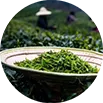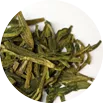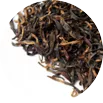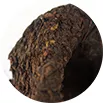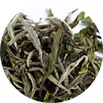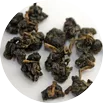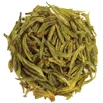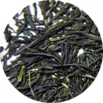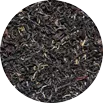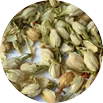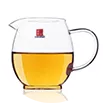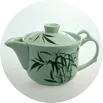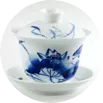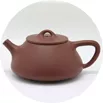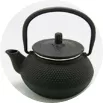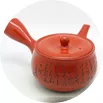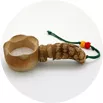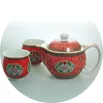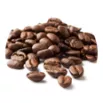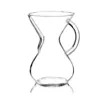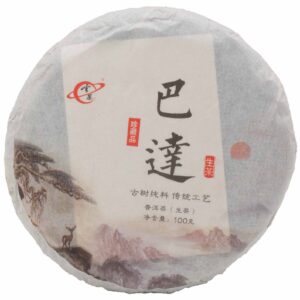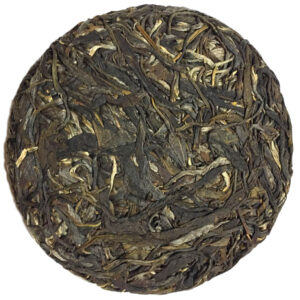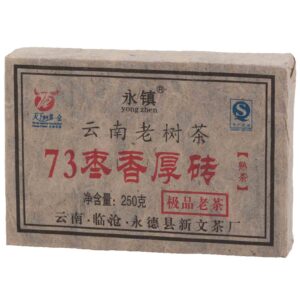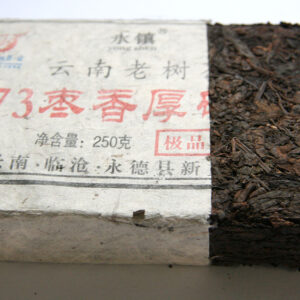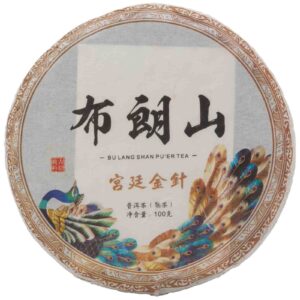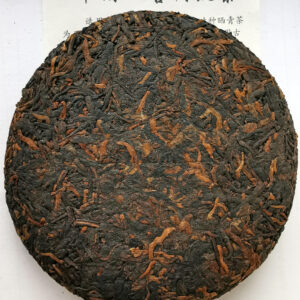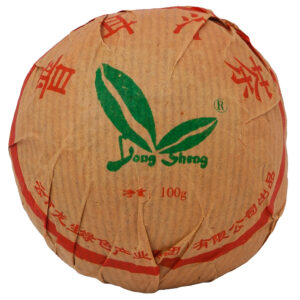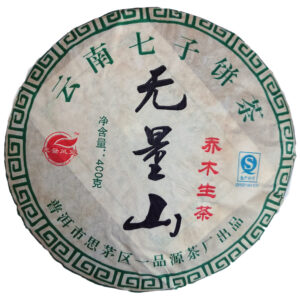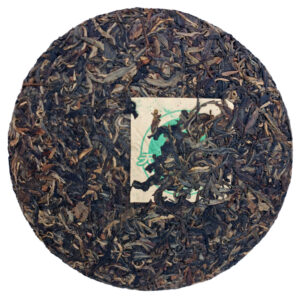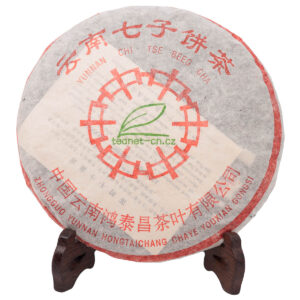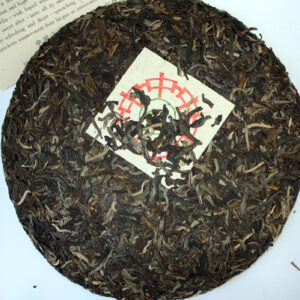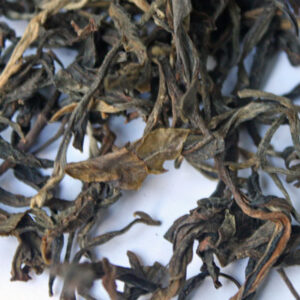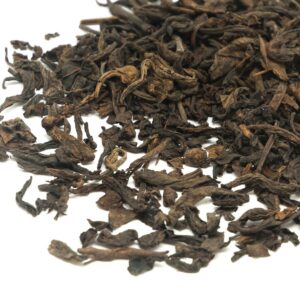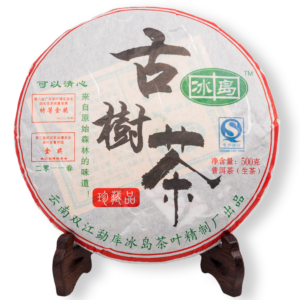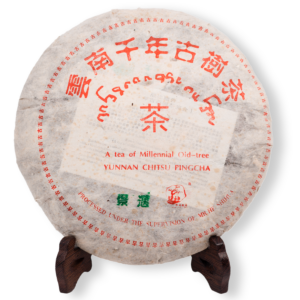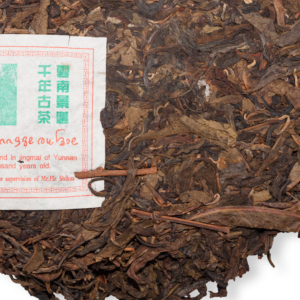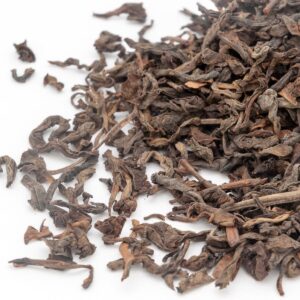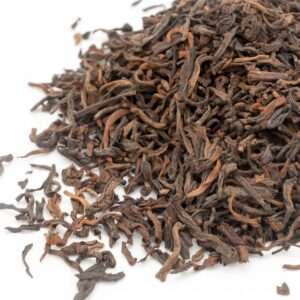Bada 2017 Gushu Bing Cha 100g
A green (sheng) pu-erh cake pressed from the leaves of wild old tea trees. A mixture of maocha from trees aged 150 and over from the wider Ba Da mountain region. Carefully selected trees harvested only once a year in the spring.
Relatively strong and refreshing, clean taste with pleasant tones. At the end with a distinctly sweet taste which gradually deepens and develops. Bada teas are often compared to Bulang teas, only they have a thinner, fresh taste and a unique aroma.
The tea has great strength, lasts many infusions (you can boldly enjoy it throughout the day) and has great potential for further maturation. Excellent now but in 5-10 years (and later) it will still be more delicious and better!
Yong Zhen 2017 Zhuan Cha 250g
Bu Lang 2016 Gong Ting Jin Zhen Bing Cha 100g
Long Sheng 2005 Tuocha 100g
Excellent pu-erh made in the autumn of 2006. Precisely processed dark (shu) pu-erh from high-quality unmixed maocha. The aroma of the tea is thin, fresh, reminiscent of sweet Chinese dates and ripe fruit. The infusion is rich, full of flavor with sweet milky to chocolate tones. The tea lacks any signs of stale, bitterness or smokyness, which are characteristic of young and especially poorly processed pu-erhs.
Delicious, very distinctive tea. Completely different from classical Chinese production. The return of the pu-erh legend from our archive.
Wu Liang Shan 2012 sheng Bing Cha 400g
Pressed large raw puerhu cake (shengpu) coming from Wu Liang mountain spring production of 2012.
Dark-yellow dense infusion with a distinctly fruity aroma. Full, fruity taste with sweet fruit aftertaste. Still very strong, but already slightly matured and aged pu-erh with great potential for further maturation.
Teanet 2004 Bai Hao 357g
Raw (sheng) puerh pressed as a cake (bing cha) with a traditional weight of 357g. The nature of the tea is the time of maturation and the taste changes slightly and rounds from year to year.
The infusion has a wonderfully clean, yellowish-orange color. The taste is typical for quality sheng puerhy - delicately fruity-round with a very pleasant sweetness at the end.
Maocha 2023
Green (sheng) pu-erh or even better maocha from the southern areas of Yunnan. Large leaves (Da Ye) smell thin and very fresh. Tea has traditionally been dried in the sun, without accelerated modern drying in the oven, and therefore does not contain the slightest hint of unpleasant smoked.
The taste is very delicate, sweet and, unlike classic green pu-erhas, it doesn't even have many fruity tones. You will find in it rather light sweetness and freshness, floral tones and long-lasting sweet gentle aftertaste.
Lao Mao Cha 1992
Mao Cha from 1992 is a successful Pu Erh with a taste of quality, naturally matured Mao Cha. The aroma and taste are typically sweetly earthy, the taste is slightly smelled of dried fruit. The tea does not have roasted tones (quality production process) and is very delicate.
Infusion of dark orange to red color, sweet with a long refreshing aftertaste.
Pu Erh Classic
Pu Erh Superior
The upper class of Pu'er. The dry leaf is small, evenly rolled and belongs to superior. The scent is exactly what the right Pu'er should have, you can feel the freshness and sweetness of the Yunnan fruit trees. The taste is the sweetness of nuts, the sweetness of dried fruit, aftertaste is long, soft and pleasant.
New batch of Meng Hai - in the dry leaf you can still find a 'new scent from production' which disappears after pouring and also naturally develops from the tea over time.


